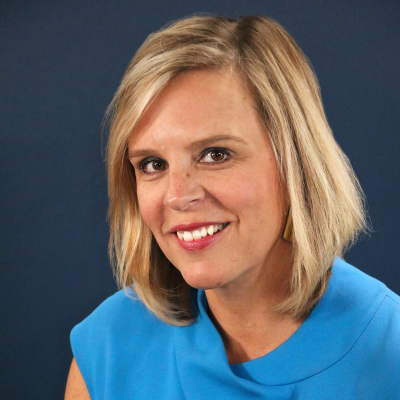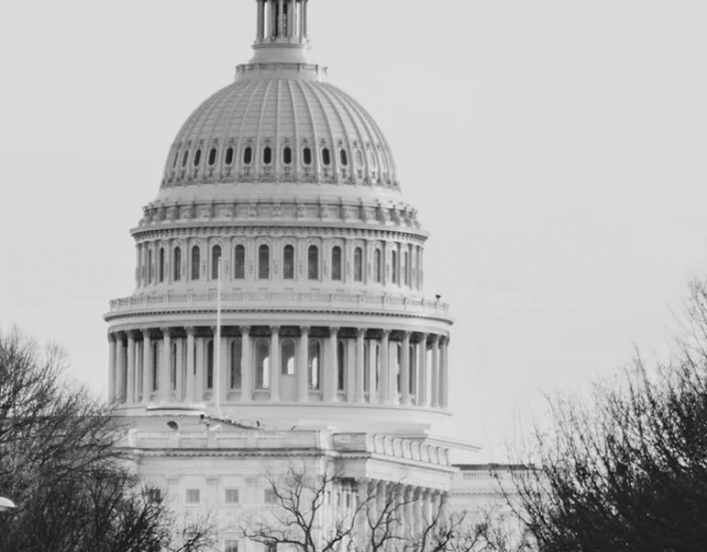A look at many the ways women are impacted by the pandemic
The Coronavirus has reshaped life for everyone around the globe, and the magnitude of the pandemic – and its likely aftermath – is just starting to sink in. As it does, researchers, reporters and social scientists have begun to focus in on the ways in which women are impacted—and what gender issues need to be considered along the long road to recovery.
A challenge, but also an opportunity
The COVID-19 crisis is giving us an up-close-and-personal view of how women are being disproportionately affected: Women hold the majority of part-time jobs and make up the majority of the low-wage workforce. Many lack basic benefits like paid sick leave, family leave and workplace health and retirement plans. Women are more likely than men to be poor and struggling, and retired women are twice as likely as men to live at or near poverty. As we move toward a recovery, we must seize the opportunity to address these issues and create a fairer, more equitable society.

Here is a roundup of reports and research examining the pandemic through a gender lens:
The most essential workers in America are women.
The New York Times
“From the cashier to the emergency room nurse to the drugstore pharmacist to the home health aide … the soldier on the front lines of the current national emergency is most likely a woman. One in three jobs held by women has been designated as essential, according to a New York Times analysis of census data crossed with the federal government’s essential worker guidelines. Nonwhite women are more likely to be doing essential jobs than anyone else … The work they do has often been underpaid and undervalued — an unseen labor force that keeps the country running and takes care of those most in need, whether or not there is a pandemic.”
Female leaders hailed as voices of reason.
The Washington Post
“Female world leaders in such countries as New Zealand, Norway, Iceland, Germany and Taiwan “have won recognition as voices of reason amid the coronavirus pandemic,” writes the Washington Post. “They have attracted praise for effective messaging and decisive action, in stark contrast to the bombastic approaches of several of the world’s most prominent male leaders — including some who face criticism for early fumbles that fueled the spread of the virus. ’We might think of this as a halo effect on some women leaders,’ said Jennifer Curtin, director of the Public Policy Institute at the University of Auckland in New Zealand. Many women leaders have indeed been successful in controlling the spread of the coronavirus while also maintaining calm. Their successes have been amplified in part ‘because we see … a couple of hyper masculine leaders responding in a very aggressive way,’ Curtin said.”
The downturn has substantial implications for gender equality.
The National Bureau of Economic Research
“Compared to “regular” recessions, which affect men’s employment more severely than women’s employment, [the pandemic] employment drop has a large impact on … female employment … In addition, closures of schools and daycare centers have massively increased child care needs, which has a particularly large impact on working mothers. The effects of the crisis on working mothers are likely to be persistent…[and] there are opposing forces which may ultimately promote gender equality in the labor market. First, businesses are rapidly adopting flexible work arrangements, which are likely to persist. Second, there are also many fathers who now have to take primary responsibility for child care, which may erode social norms that currently lead to a lopsided distribution of the division of labor in house work and child care.”
Early numbers show women hard hit by unemployment.
The Institute for Women’s Policy Research
“Employment data [for the month of March] show dramatic job losses and sharp rises in unemployment … Altogether 701,000 jobs were lost, the majority (58.8 percent or 412,188) by women. While these estimates of job losses are already outdated … they point to the critical role of gender in understanding the impact of the COVID-19 crisis. Women’s job losses outnumbered men’s in almost all sectors of the economy.”
The Economic Policy Institute
“We estimate that … between 7.8 and 8.4 million women filed for unemployment insurance in the three weeks ending April 4. [Women’s] overrepresentation could be due to the types of jobs women hold within each sector — partially the result of occupational segregation — or it could be due to other phenomena (for instance, labor market discrimination) that have led to disproportionate shares of women being in jobs … that are more subject to job loss.”
Crisis amplifies need for structural change to ensure equality.
Washington Center for Economic Growth
“The coronavirus recession is exacting a large human toll across our nation. This toll is all the more insidious due to the economic inequalities that cause the health and economic damages to fall unequally and inequitably among us,” writes former AAUW American Fellow Heather Boushey, CEO of the Washington Center for Equitable Growth, and her colleague Somin Park. “To have any chance of emerging on a stronger footing as a nation with less economic inequality and more sustainable economic growth, policymakers need to enact a robust set of protections that will ensure high-end inequality is contained, build counterweights to concentrated power, and provide economic security for all now and going forward.”
Women must have a seat at the table in funding relief efforts.
Women’s Funding Network
“The coronavirus crisis has both exposed and further exacerbated racial, economic and gender inequities impacting marginalized communities. These inequities must be addressed and accounted for in all funding decisions and relief efforts,” Elizabeth Barajas-Román, president & chief executive officer of the Women’s Funding Network. “That’s where women’s foundations and gender equity funders can play a critical role in bringing women and our needs to the table — giving a voice, decision-making power and critical resources to women and their families, ensuring women and their needs are prioritized in their communities, even in this unprecedented and uncertain time.”
Policymakers have an opportunity to build a more equitable world.
The Center for Global Development
“The pandemic has already led to further strains on women’s time. With children out of school and more family members staying home, the domestic burden has increased, and social norms dictate that women will be the ones to shoulder this increased workload. This may be one of the most difficult challenges to tackle, as it entails shifting global gender norms on household dynamics…In the short term, there are things [that can be done to] do alleviate — or at least recognize — this increased burden: Policymakers should ensure that services are available for women to stay safe … Making sure women and informal workers are consciously included in any sort of cash transfer or unemployment assistance scheme can significantly alleviate the financial burden… In the long term, creating a more gender-equal workforce … will guard against any one group facing disproportionate risk of a pandemic. This virus has only created more incentive to accelerate efforts to build an economy that is equitable and allows all people to live and work with dignity and in safety.”
AAUW Public Policy Priorities

Fast Facts: The Gender Pay Gap

